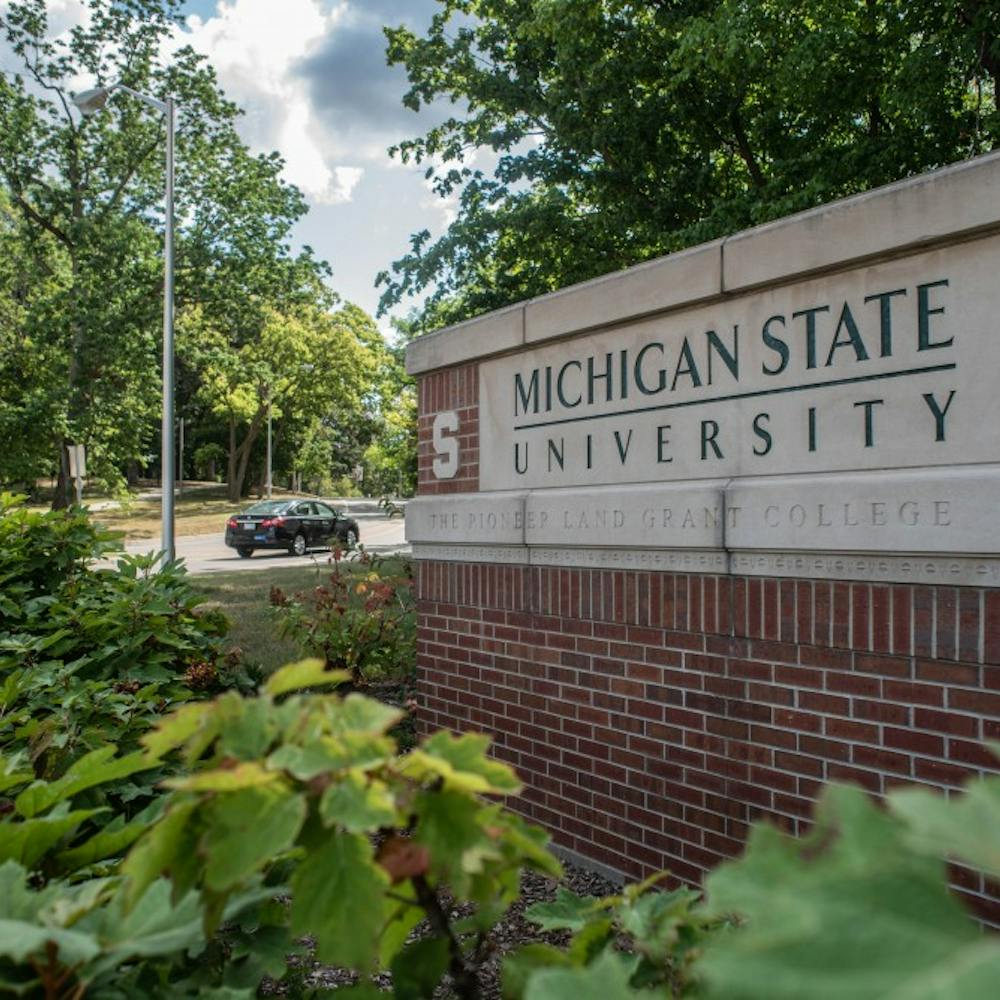The state of Michigan can make few promises to its citizens in terms of jobs and money. When the citizens take those matters into their own hands, however, that situation changes and promises can be fulfilled.
Gov. Jennifer Granholm signed new legislation Jan. 13 that will create 10 “Promise Zones,” communities that provide college tuition money through private donors and state education tax breaks. Cities must apply to be a Promise Zone and are required to provide at least enough money to cover the tuition for a two-year associate’s degree.
The program is modeled after the Kalamazoo Promise, a fund established by an anonymous donor that guarantees up to four years at any Michigan public university to some Kalamazoo-area high school graduates. If there are any downsides to such a program, they’re minute in impact. The state Legislature found little to fret about, as it passed almost unanimously in the state Senate and with nearly two-thirds support in the state House.
There are several positive externalities that can come from Promise Zones, not the least of which is making students in low-income areas aware that college is attainable.
The Promise Zone program is the type of socioeconomic prescription this ailing state has needed for several years. Our state’s illness is not a mere cold or headache. This sickness has roots in Michigan’s beating heart — education.
For many students in low-income areas, the question of college is as much a choice as the question of having money — of course you want it, but can you get it? Scholarship money has been scarce within the state and student loans are difficult to obtain.
With the U.S. becoming an increasingly service-based economy, some form of higher education will be necessary for most of the best new jobs. And with the fate of the auto industry shaky, college education becomes even more essential if people plan to stay in Michigan.
MSU will benefit from this program too. The fact that private donors will make sizable contributions relieves the state of financial responsibility to supply these scholarships, meaning state funds to MSU or other public schools will not be diverted. Additionally, some students could end up paying tuition at MSU.
Since the program only requires a two-year fulfillment of tuition, students who wish to attend a four-year university will have to be resourceful. When Granholm talks about preparing Michigan for the future, education must be at the forefront. The state has its problems — many, many problems. People are leaving Michigan at a rapid pace, as it is the nation’s leader in outbound movement.
But to revive this state’s economy, Michigan needs people ready to pioneer new programs and industries. Many of those industries will require individuals with college degrees. For example, Hemlock, Mich.-based Hemlock Semiconductor Corp., a solar energy company that specializes in polycrystalline silicon manufacturing, plans a $1 billion expansion of its facilities in December, according to the governor’s office.
IBM’s planned computer programming center at MSU will bring about 1,500 jobs through the next five years.
When this state’s problems are put behind it, it will be its citizens that bailed Michigan out again.
Support student media!
Please consider donating to The State News and help fund the future of journalism.
Discussion
Share and discuss “'Promise zones' useful aid to Mich. education” on social media.



